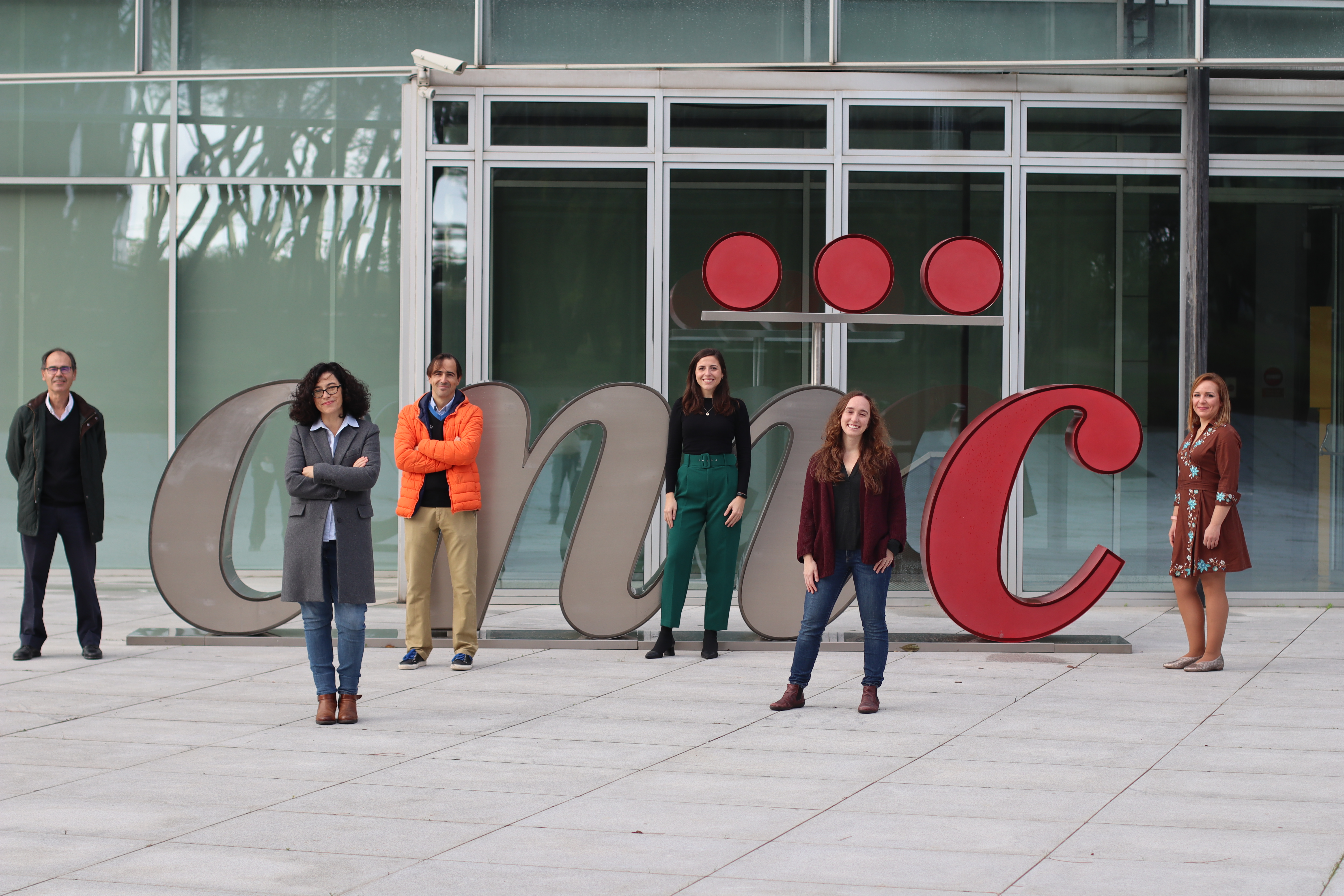Almudena Ramiro, Caja Rural de Granada Foundation, Health Sciences Award
The team led by Dr Ramiro has identified a target protein for the diagnosis and treatment of vascular pathologies
Dr Almudena Ramiro of the Spanish National Centre for Cardiovascular Research (CNIC) received the XVII Caja Rural de Granada Health Sciences Award for her research into the treatment of atherosclerosis.
Vascular diseases are the main cause of death in the Western world. Heart attacks and strokes are the consequence of thrombus that form and obstruct arteries, causing destruction of the tissue affected by the lack of blood flow. The creation of the thrombus is, in turn, the consequence of a process that remains asymptomatic for a long period, and is known as atherosclerosis. For years, we have known that immune response plays a major role in atherosclerosis, but the implications of this response in the development of atherosclerotic disease are not known in detail.
Dr Ramiro and her team have approached this problem using highly innovative technology to study the genes of B lymphocyte antibodies in mice with atherosclerosis. This research has been able to catalogue 18 antibodies that identify atherosclerotic plaque. Closer analysis revealed that one of them (known as A12) targets ALDH4A1, a molecule of the organism itself.

The importance of this finding was confirmed when it was discovered that production values of this molecule increase during atherosclerosis. Apart from the value of this biomarker in the development of the disease, a particularly important finding was the fact that use of the A12 antibody as a blocker was able to notably reduce free cholesterol levels and the formation of atherosclerotic plaque.
International Recognition
The award jury valued the quality of results as well as their originality and clinical significance since, apart from identifying a target structure for altered immune response, the A12 antibody may constitute a completely new strategy of great relevance for the future treatment of patients with vascular diseases. This work was published in Nature, one of the highest-impact medical journals in the world.
The committee of experts was composed of representatives from both the organising and collaborating institutions: Ignacio Molina (Centro de Investigación Biomédica de Granada), Lourdes Núñez (Fundación Pública Andaluza Parque Tecnológico de la Salud, entidad coorganizadora del Premio junto a Fundación Caja Rural Granada), Javier Martín y Elena González (Instituto de Parasitología y Biomedicina López-Neyra), Jorge Fernández (Colegio de Médicos de Granada), Fernando Martínez (Colegio de Farmacéuticos de Granada), Francisco Cepero (Caja Rural Granada) y Mª Eugenia Penela (Junta de Andalucía).
Almudena Ramiro graduated with a bachelor's degree in Biochemistry and Molecular Biology from the Universidad Autónoma of Madrid in 1994, and obtained her PhD in Science with an Extraordinary Award for a doctoral thesis from the same university in the 2000. In 2001, she joined Dr Michel Nussenzweig's laboratory at the Rockefeller University (New York, USA), where she undertook post-doctoral research. Since 2011, she has headed the Spanish National Centre for Cardiovascular Research B lymphocyte biology laboratory.
B lymphocytes play a key role in immune response, mainly through the generation of a hugely diverse repertoire of protective antibodies that recognise pathogens and foreign molecules with exquisite specificity. However, misregulation of B-lymphocyte function can also be associated with multiple health conditions, including immune deficiencies, autoimmunity and cancer.
In 2007, Dr Ramiro was awarded an ERC Starting Grant, an EU programme aimed at helping to create independent research groups. This award represents highly prestigious international recognition of scientific excellence. She has recently published a study in the prestigious review, Nature, identifying a protein that may become a future target for both diagnosis and treatment of cardiovascular disease.
.











